Delegate Hoang Van Cuong analyzed that large central hospitals do not dare to accept autonomy, they would rather let patients crowd in than have to borrow capital to invest in construction, and then patients have to pay for this cost.
Investment in education and health care is still "lackluster"
On the morning of November 5, the National Assembly discussed in the hall the implementation of the state budget and public investment plan.
At the meeting, National Assembly delegate Hoang Van Cuong (Hanoi delegation) assessed that the allocation of public investment capital in our country in recent times has had fundamental changes in both quantity and quality.
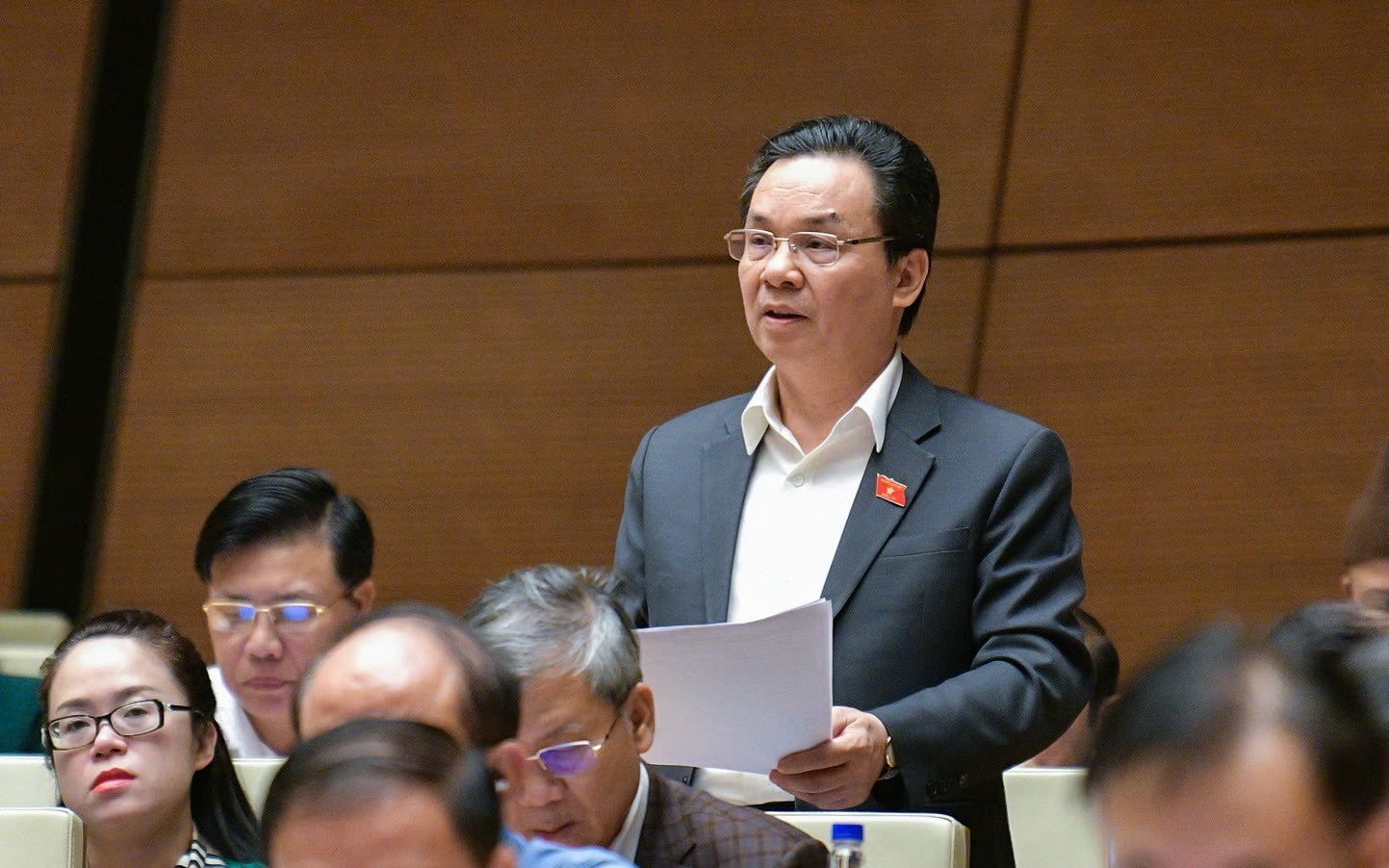
National Assembly Delegate Hoang Van Cuong (Hanoi delegation).
Mr. Cuong cited that the total amount of public investment capital has increased and is being allocated for concentrated investment in key areas. In particular, the expressway system has so far put into operation over 2,000km, and by the end of 2025, 3,000km will be completed.
However, according to delegates, investment in education to develop intelligence and investment in health care to improve vitality seem to be "vague".
Delegate Cuong cited data that in 2024, the Ministry of Health was allocated about 1.2 trillion, accounting for about 1%; and the Ministry of Education and Training was allocated 1.5 trillion, accounting for 1.2% of the budget.
In the plan to allocate reserve capital for the 2021-2025 period and increase budget revenue in 2022, with a total of over 50 trillion, both the Education and Training and Health sectors are "not named".
Hospitals add interest on loans for investment in facilities to medical examination and treatment costs
Mr. Cuong raised the question: If we only force autonomy without initial investment in technical facilities, what will be the consequences?
Mr. Cuong said that on November 3, during a meeting in Viet Tri, he visited the General Hospital and the Obstetrics and Pediatrics Hospital. Both hospitals in Phu Tho province have implemented an autonomous mechanism.
"When I arrived at the hospital gate, I was really surprised, I didn't believe it was a hospital because it looked as beautiful as a 5-star hotel. Stepping inside, I visited the reception, examination, treatment and inpatient rooms, service areas, children's play area, just like an international hospital," said Mr. Cuong.
This hospital has achieved complete autonomy, and its technical level in reproductive support is ranked in the top 5 nationwide.
"I see that the patients there are very lucky, enjoying good medical services and very comfortable treatment conditions," said delegate Cuong.
However, the concern of hospital leaders is how to pay the 11% interest on the loan to build that modern facility?
If only depreciation is calculated for reinvestment and to cover regular expenses, the hospital will be "very confident" in implementing autonomy and the price of medical services will be at a moderate level, affordable for patients. But if the cost of loan interest is added to that, the price of medical services will increase very high.
"The absurd thing is that patients should only have to pay for medical examination and treatment services, but now they have to pay an additional amount of bank loan interest," Mr. Cuong said.
According to him, this is the reason why large central hospitals such as Bach Mai and Viet Duc do not dare to accept autonomy. It is better to let patients crowd together, share beds, lie on stretchers, and lie on the floor than to borrow capital to invest in construction, and then have to pay for the costs of the patients.
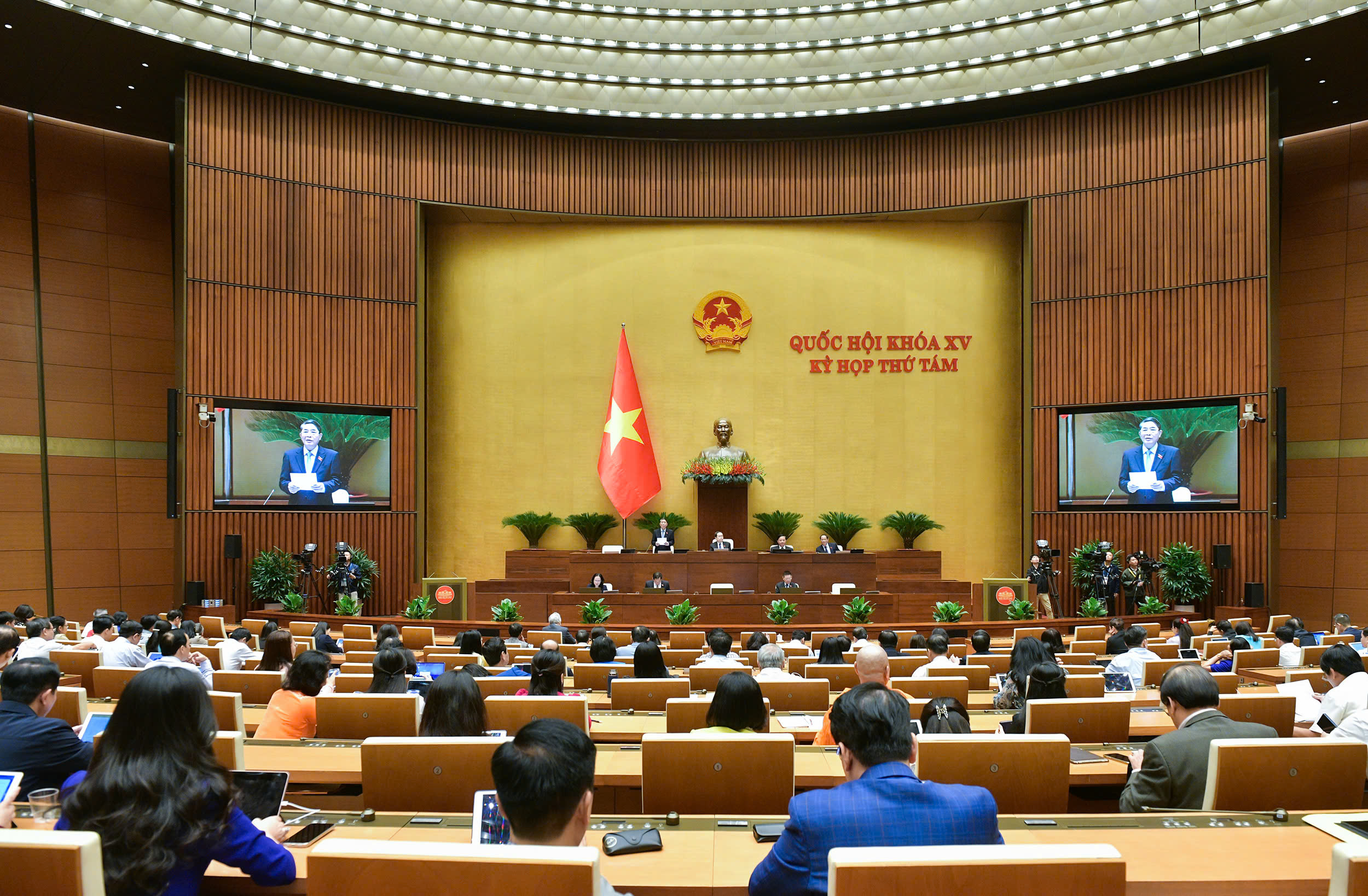
Overview of the National Assembly's working session this morning.
Lessons from China
Mr. Cuong said the same thing happens to autonomous universities. If the state invests in adequate initial infrastructure, the schools only have to worry about depreciation for reinvestment and regular expenses, then training costs will be low.
For example, the National Economics University where he works, thanks to the synchronous investment in the central building, modern classrooms and library, students, even on days when there are no classes, still want to go to school for activities or go to the library to study by themselves.
However, the current dormitory is degraded. If the school borrows money from the bank to rebuild it, the rent will certainly be very high because it has to pay both interest and principal. This will not be suitable for the students' ability to pay.
From the above analysis, delegates suggested reconsidering the allocation of development investment capital from the state budget to invest in medical and educational facilities, at least enough to invest in construction and initial equipment, then hand over to schools and hospitals for autonomy.
Mr. Hoang Van Cuong learned from China's experience, many universities in this country have grown rapidly, becoming top universities in the world in a short period of time.
The reason is that since 1998, China has implemented a project, continuously for 3 years, Tsinghua University and Peking University were invested 1.8 billion yuan (6,000 billion VND)/year, then expanded to more than 30 schools.
Delegates believe that if we focus on investing 5-10% in developing healthcare and education for 5-10 years, Vietnam will have a spacious healthcare and education system and the beneficiaries will be the people.
Source: https://www.baogiaothong.vn/dai-bieu-quoc-hoi-neu-ly-do-benh-vien-khong-dam-nhan-thuc-hien-tu-chu-192241105104559454.htm






























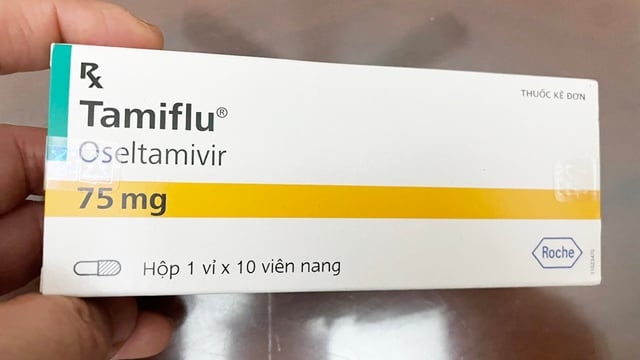

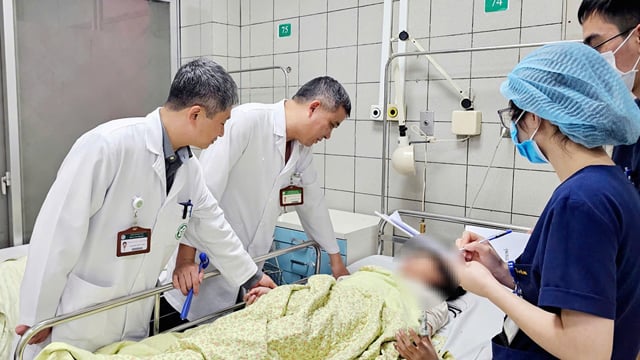
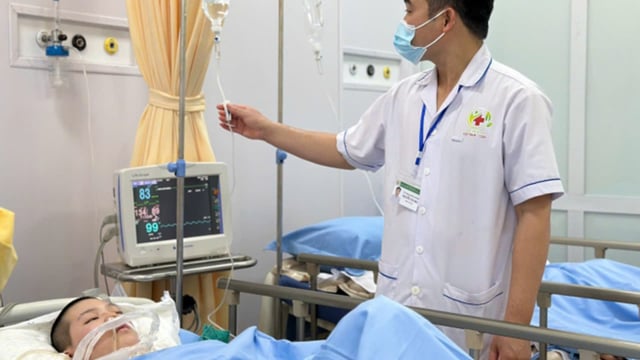
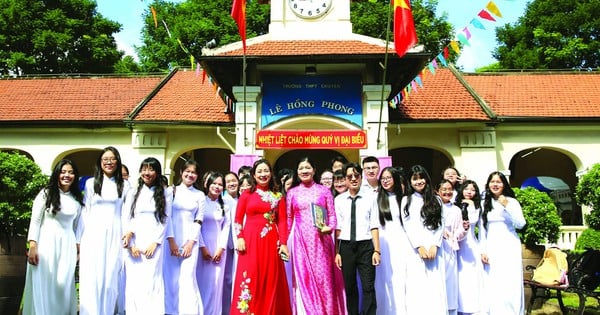





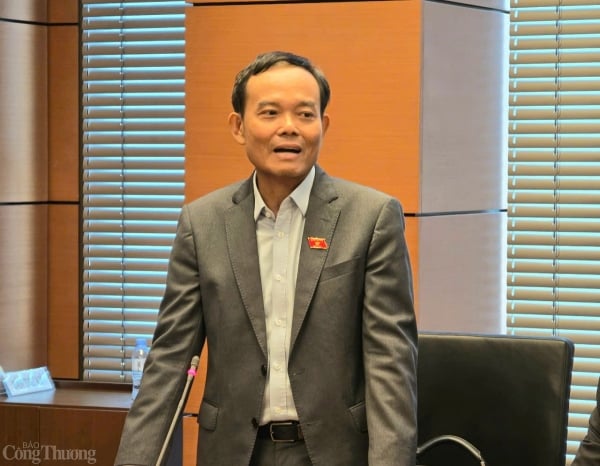



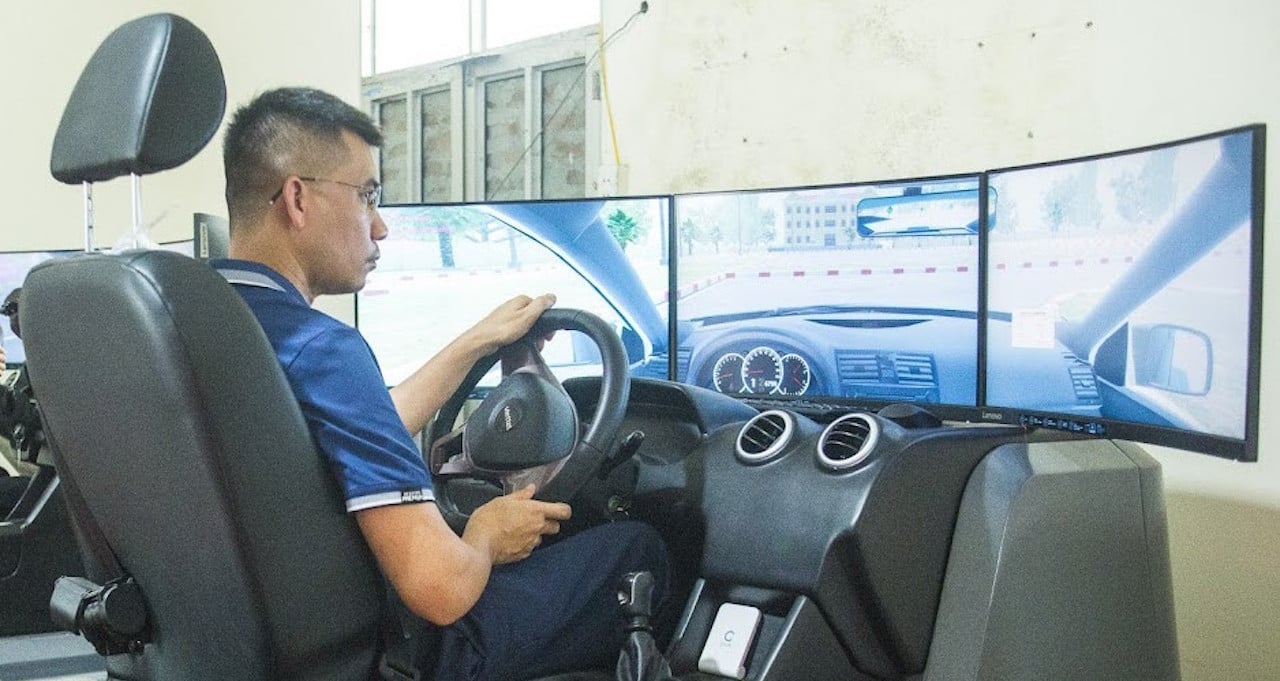

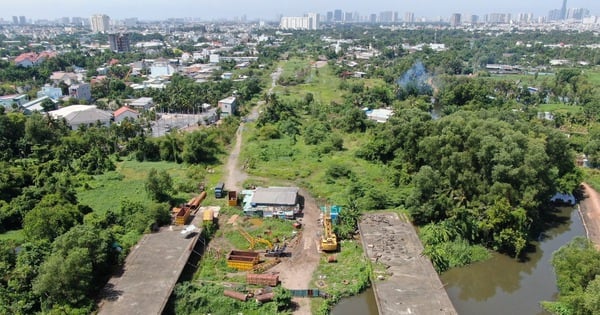

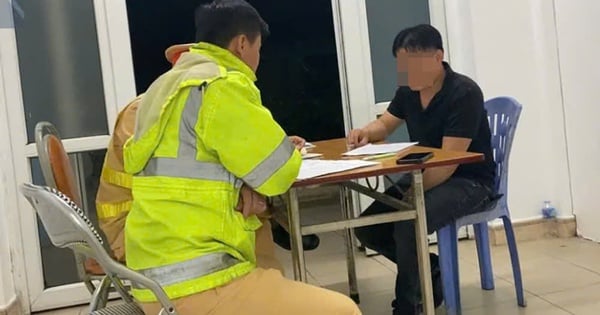

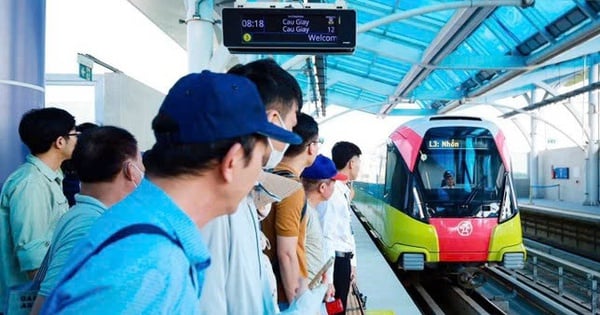
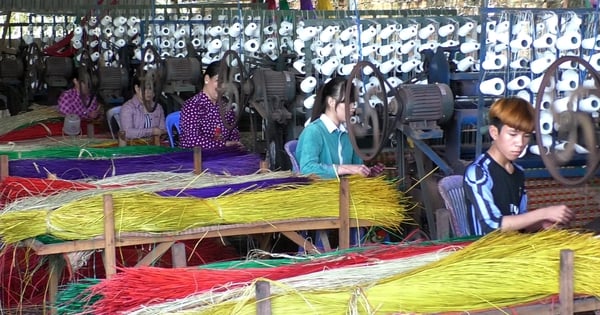
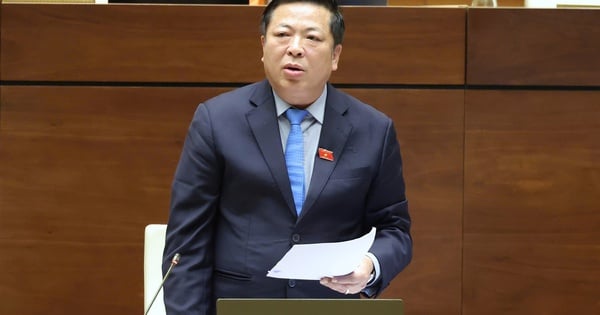













Comment (0)